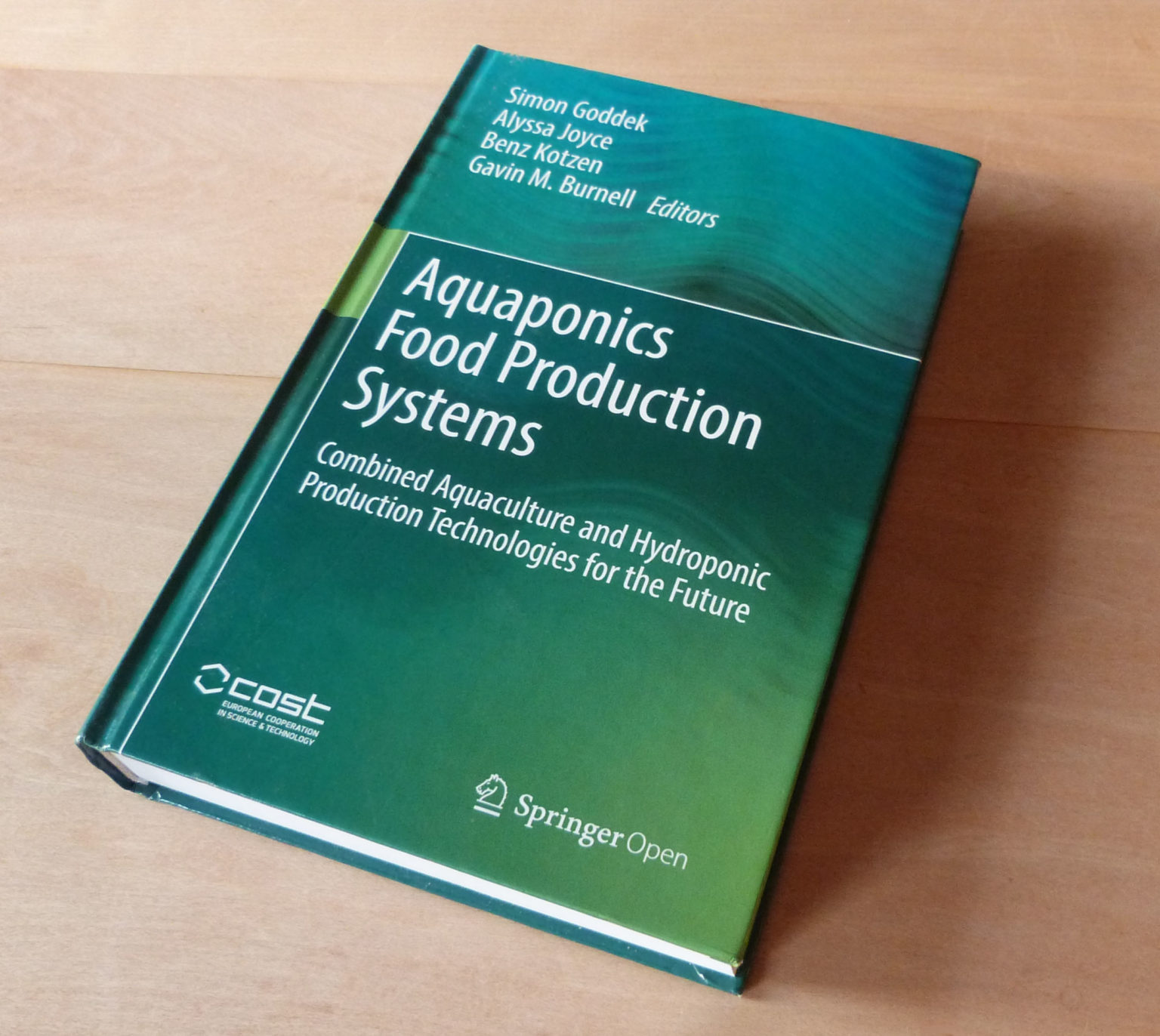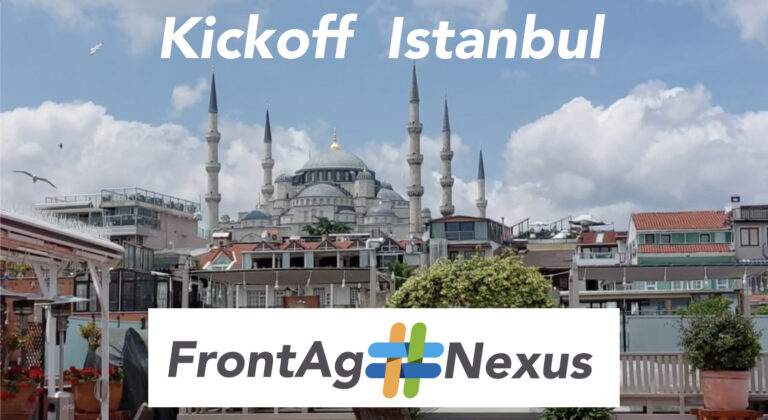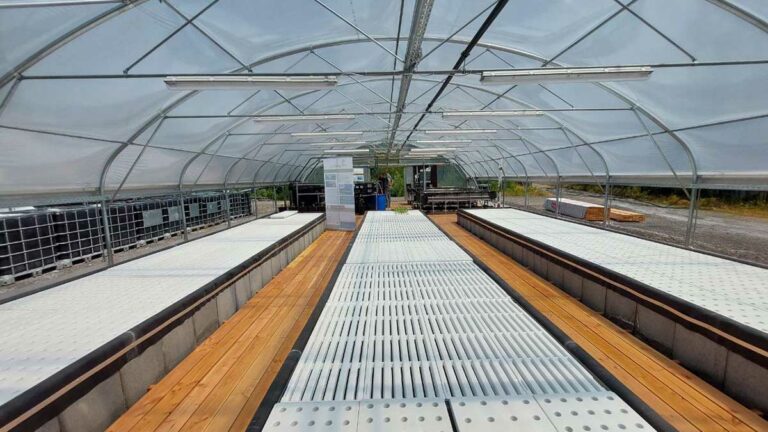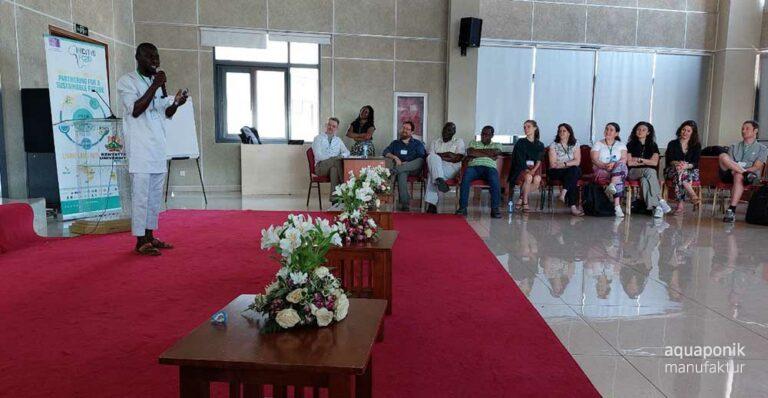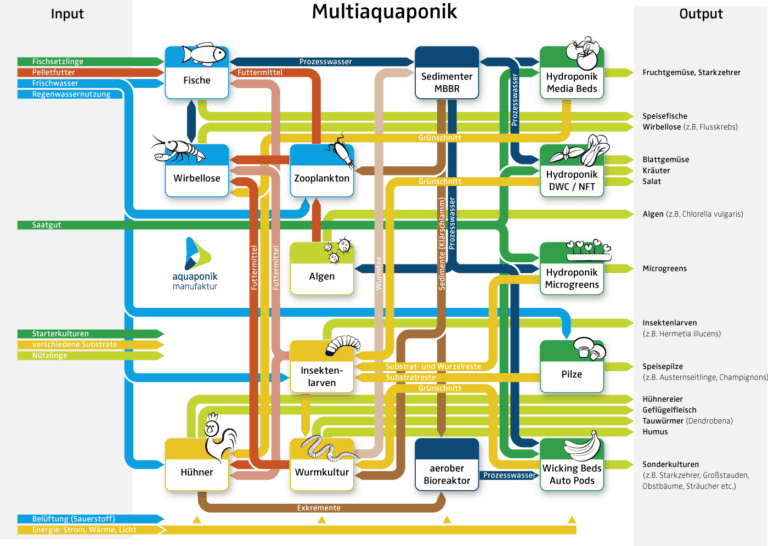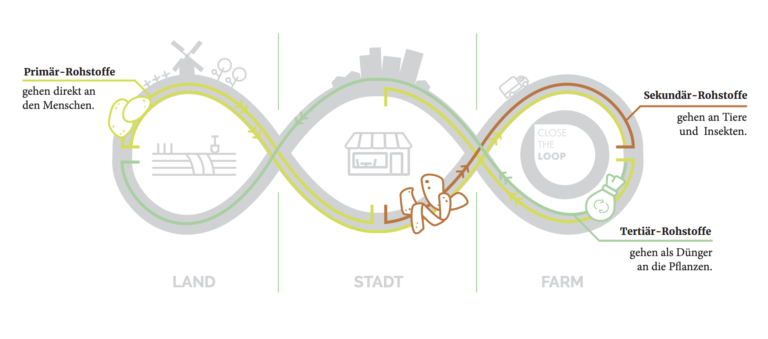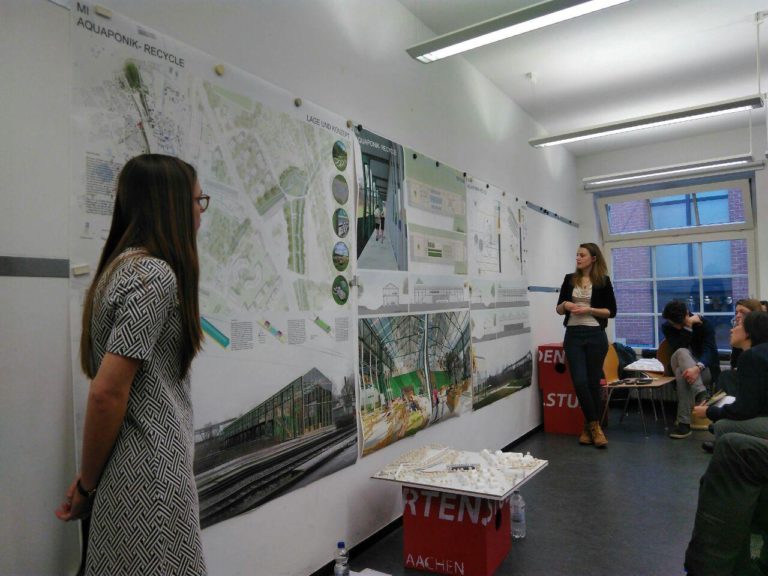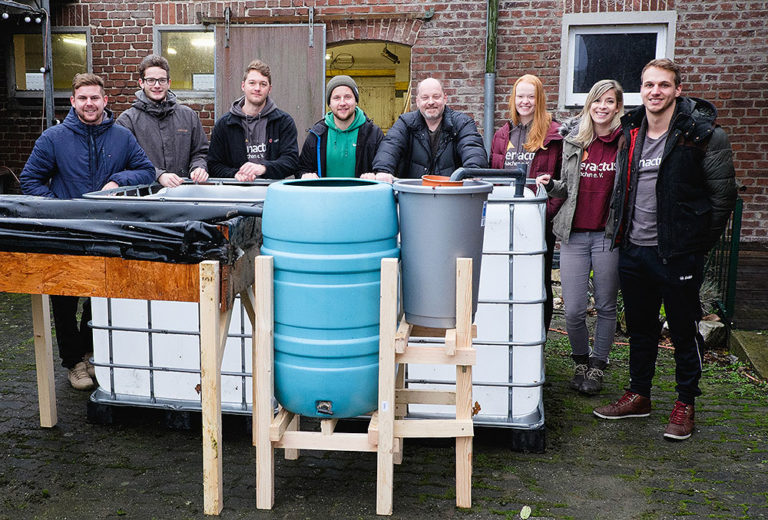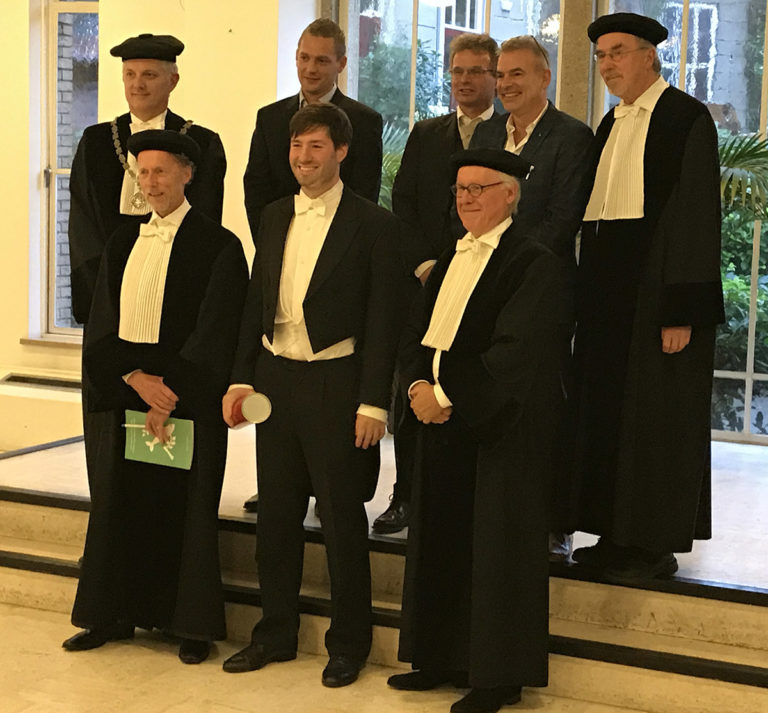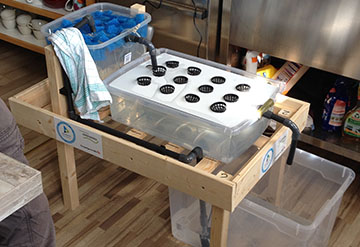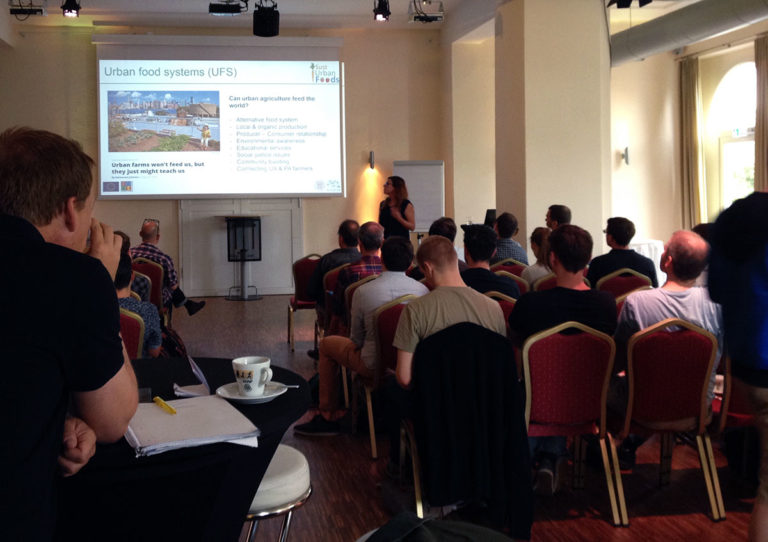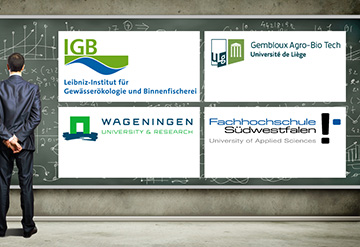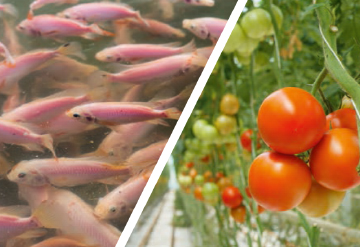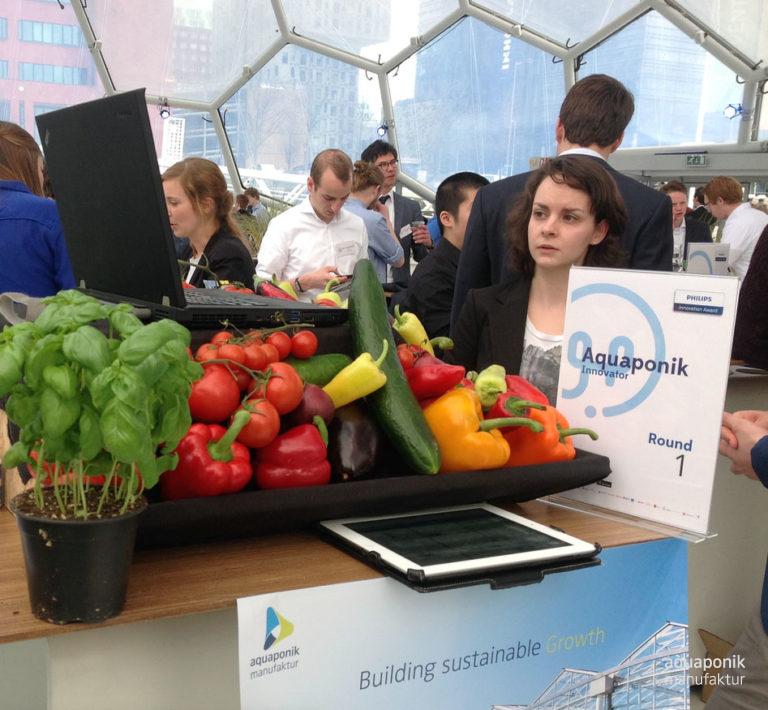Together with the leading researchers in the field of aquaponics research, we were allowed to participate in the most extensive scientific publication on the subject of aquaponics worldwide. On more than 600 pages, over 40 scientists from all over the world document the current status of aquaponics research.
Most extensive work to date on aquaponics research, freely accessible via Open Access
After we and Dr. Simon Goddek were able to support several scientific publications on the topic of aquaponics, the book was created in cooperation with the COST-Action [1.] And other internationally renowned scientists.
Aquaponics from start to finish
The book first deals with the background of the process and describes why aquaponics is becoming increasingly indispensable as a sustainable solution. Then it comes to new insights into microbiology in aquaponics. The individual elements (such as hydroponics and aquaculture) have been thoroughly researched, but when combined they arrive at a new quality that also promotes fish and plant welfare.
This is followed by an extensive description of the aquaponic systems known and researched up to now. These include both simple single-circuit systems and modern multi-loop aquaponics. Much of the book covers the nutrient balance in aquaponics and the different types of water treatment. Of course, cultures in aquaponics, their needs and possible diseases are also examined. The chapters on system design, management and marketing of aquaponics are also interesting for large systems.
Our contribution
Our contribution to this was, in addition to the co-authorship in Chapter 8 (Decoupled Aquaponics Systems), the creation of all illustrations in the book.
The book covers all important aspects of aquaponics research and thus aquaculture and hydroponics. But other integrated systems are also dealt with. This also includes socio-economic and ecological aspects.
Aquaponics Food Production Systems not only offers the deep insight of a standard work into the research status of technology, processes and key figures in aquaponics. In addition, the book also shows how exactly aquaponics, as a sustainable technology, addresses the urgent problems of our time, such as Environmental pollution, world hunger, water scarcity, land and soil degradation, population growth, climate change, etc.
With this knowledge of the circular economy, this book also looks outside the box of the aquaponics system itself into the supply landscape. And lo and behold, aquaponics can be expanded through further cycles, into a “smart hood”.
In this larger framework, aquaponics research sees the aquaponics cycle embedded in the many nutrient cycles around human needs. Energy management and the supply of drinking water are also taken into account, as are the disposal of secondary raw materials and the production of food.
You find further information about our involvement in aquaponics research here.
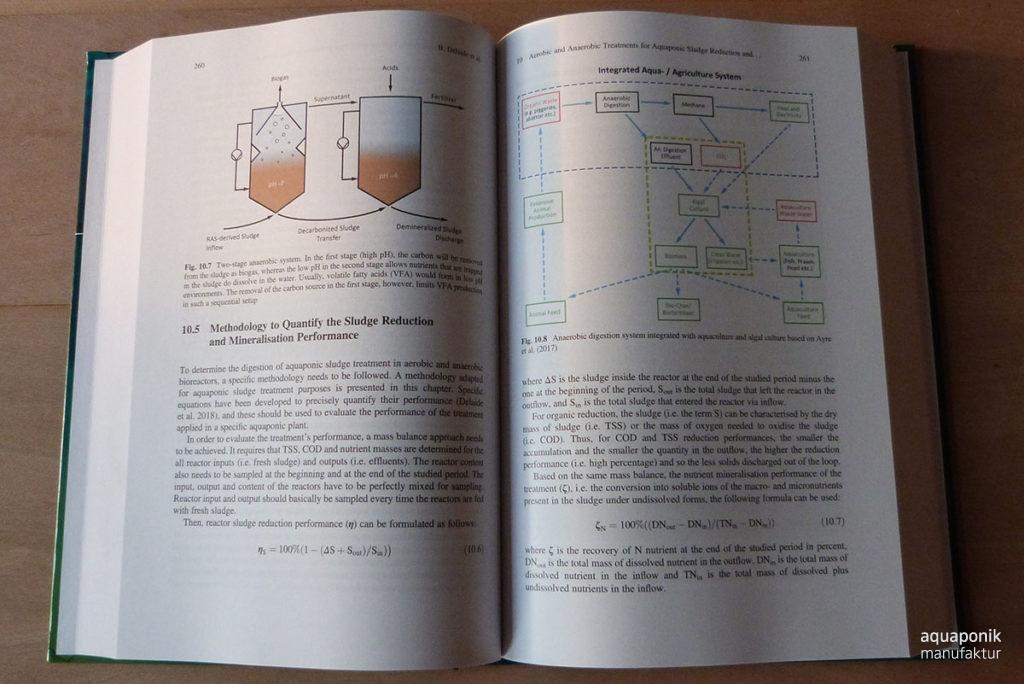
Link to the description
Direkt Link to PDF-Download (17,3 MB)
1. The EU COST Action (European Cooperation in Science & Technology) is an association of researchers who work as a network to research specific areas. Under the name "EU Aquaponics Hub - Realizing Sustainable Integrated Fish and Vegetable Production for the EU"

